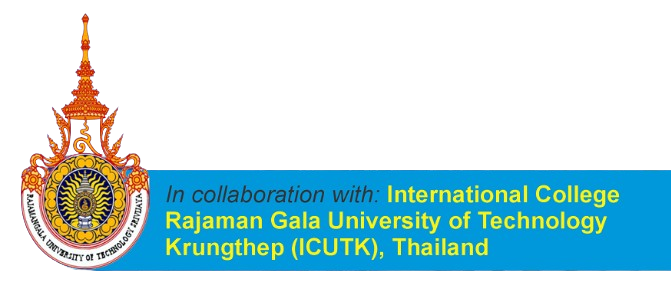RECONSTRUCTION OF INDONESIAN BANKRUPTCY LAW CONCERNING THE DEFINITION OF INSOLVENCY FROM THE POINT OF VIEW OF ENTREPRENEURS: A STUDY OF LEGAL DOGMATICS
DOI:
https://doi.org/10.55751/jfhu.v2i01.150Keywords:
Bankruptcy Law, The Definition Of Insolvency, Entrepreneurs, Legal Dogmatics, The 1945 Constitution Of The Republic Of IndonesiaAbstract
This research intends to explore Indonesian bankruptcy law, particularly Law of the Republic of Indonesia Number 37 of 2004 regarding Bankruptcy and Suspension of Debt Payment Obligations (Law 37/2004), the point of view of entrepreneurs in relation to the concept of insolvency. The methodology employed in this study is a legal-dogmatic approach, a specific form of legal research that emphasizes the examination of the normative legal system as both the subject of study and the guiding framework of Indonesian bankruptcy law. The legal-dogmatic research method applied here involves analyzing the established positive norms presently in effect within the Indonesian legal system, utilizing secondary data and conducting literature reviews through a descriptive qualitative lens. Data collection is performed through observations and documentation, including court rulings, with data analysis conducted using systematic grammatical interpretation and deductive reasoning to draw conclusions. The findings of this research aim to promote reforms in Indonesian bankruptcy law regarding the concept of insolvency, making it more ideal and supportive of entrepreneurs. This could be accomplished by integrating elements from Chapter 11 of the United States Bankruptcy Code. Ultimately, the outcomes of this study are hoped to stimulate business transformation and enhance the entrepreneurial environment in Indonesia. Consequently, this research advocates for the development and modernization of laws to establish a more effective definition of insolvency in Law 37/2004, prioritizing entrepreneurs' needs. This initiative will bolster legal certainty and advantages for businesses in Indonesia, fulfilling the guarantees set forth in the constitution, which encompasses fundamental rights such as acknowledgment, protection, and equitable treatment under the law, as outlined in Article 28D paragraph (1) of the 1945 Constitution of the Republic of Indonesia.










